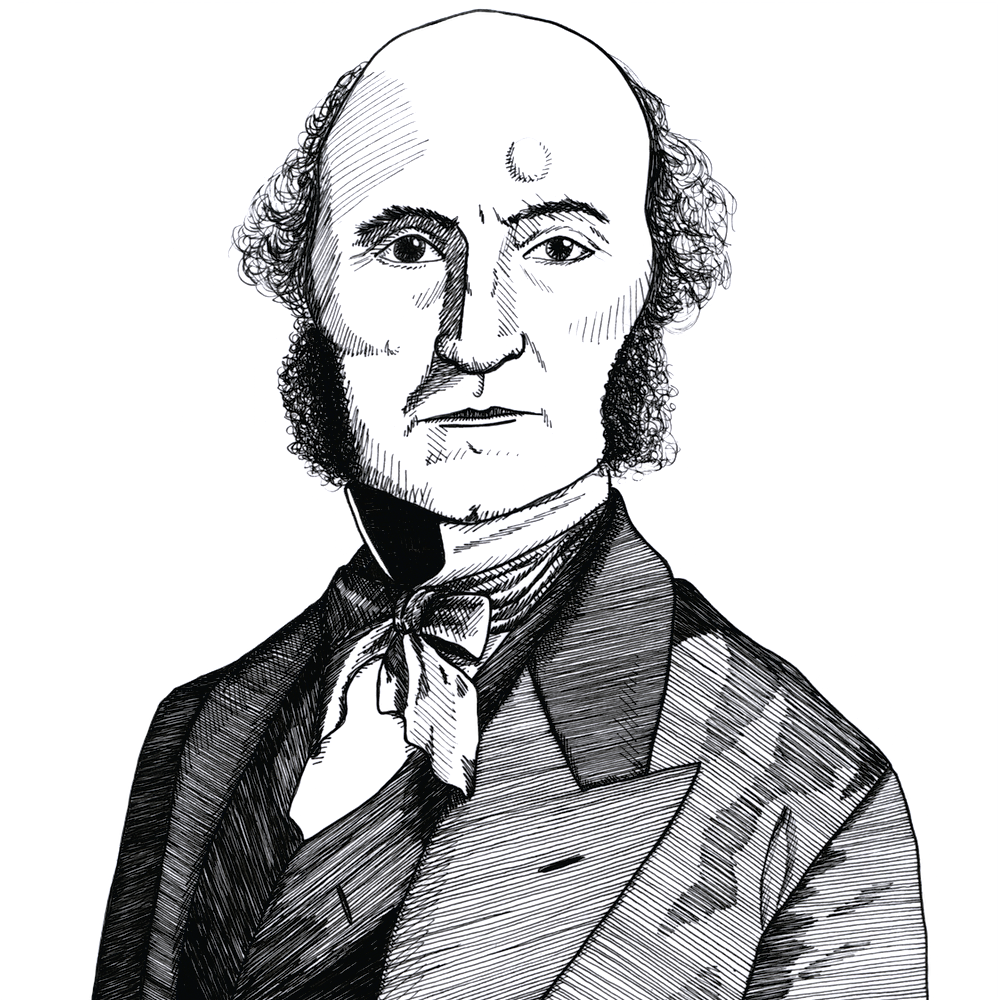
J.S. Mill in a speech before parliament denounced the suspension of Habeas Corpus and the use of flogging in Ireland, saying that those who ordered this “deserved flogging as much as any of those who were flogged by his orders” (1866)
Found in: The Collected Works of John Stuart Mill, Volume XXVIII - Public and Parliamentary Speeches Part I
We continue to explore the great treasures which are hidden away in the 33 volume collection of the Collected Works of John Stuart Mill. In 1866, Mill gave a speech in the House of Commons denouncing the English mode of governing Ireland. The occasion was a bill granting the Chief Governor of Ireland the power to suspend habeus corpus, that is “to Apprehend and Detain … Such Persons as He or They Shall Suspect of Conspiring against Her Majesty’s Person and Government.”:
Law
The occasion was one for deep grief, not for irritation. He agreed with the honourable Member for Birmingham (Mr. Bright) that this Bill was a cause for shame and humiliation to this country. We were present at the collapsing of a great delusion. England had for a considerable number of years been flattering itself that the Irish people had come to their senses; that they were now sensible that they had got Catholic Emancipation and the Incumbered Estates Bill, which were the only things they could possibly want; and had become aware that a nation could not have anything to complain of when it was under such beneficent rulers as us, who, if we do but little for them, would so gladly do much if we only knew how… But we had fallen into the mistake of thinking that good intentions were enough… He hardly knew to what to compare the position of England towards Ireland, but some illustration of his meaning might be drawn from the practice of flogging. Flogging in some few cases was probably a necessary abomination, because there were some men and boys whom long persistence in evil had so brutalized and perverted that no other punishment had any chance of doing them good. But when any man in authority– whether he was the captain of a ship or the commander of a regiment, or the master of a school, needed the instrument of flogging to maintain his authority–that man deserved flogging as much as any of those who were flogged by his orders.